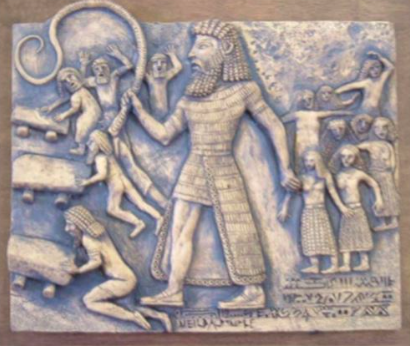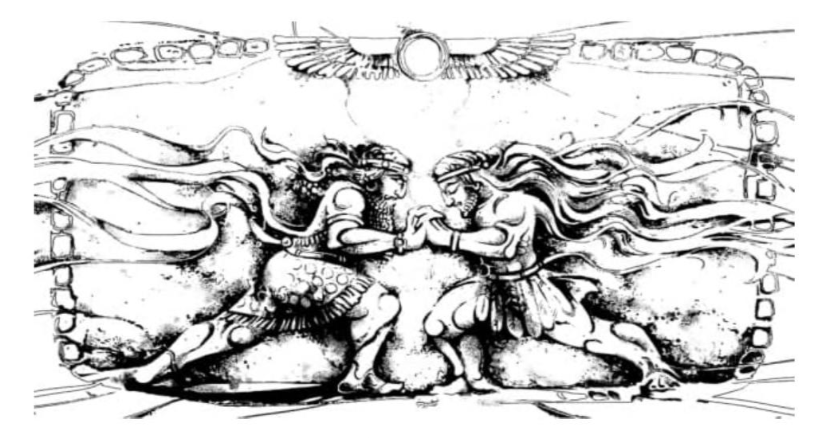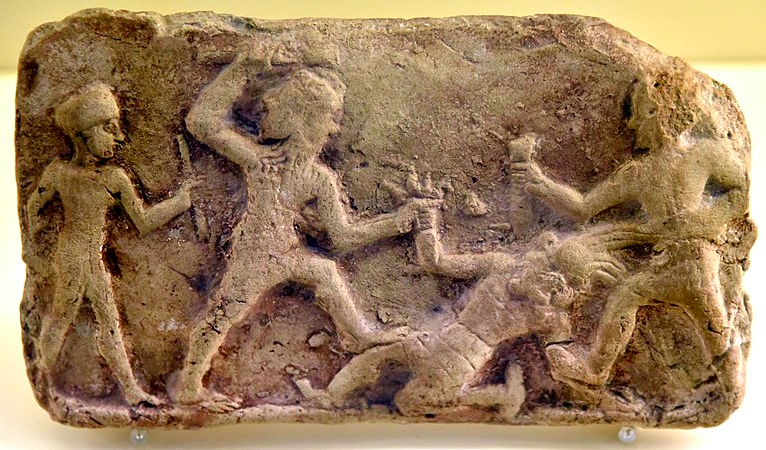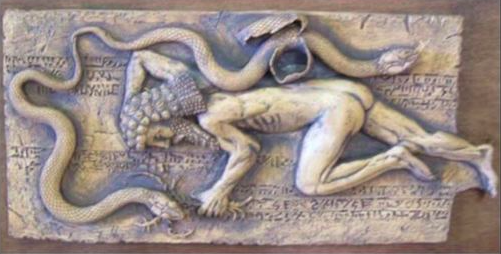The Epic of Gilgamesh is 4,000 years old and is regarded as one of the first major works of literature. The chronicles of Gilgamesh, the king of Uruk, continue to be read, studied, and translated today. Perhaps the most remembered adventure of Gilgamesh is his quest to uncover the secret of a plant that would grant immortality and eternal youth. But why was Gilgamesh searching for the plant of immortality in the first place? Let’s find out.
Gilgamesh is the king of Uruk and two-thirds divine by heritage. However, he is a ruthless ruler who overworks his subjects and takes new brides for himself before their husbands can claim them.

In response to his tyranny, the people pray to the gods for intervention. The gods then create Enkidu, a man of equal power and status to Gilgamesh. Enkidu is a feral man, but when he meets a woman named Shamhat, he becomes civilised, learns about human customs from her, and is informed about Gilgamesh’s misdeeds in Uruk. Enkidu sets off for the city, and upon his arrival, he confronts the king in battle. But as fate would have it, they instead become good friends.

Gilgamesh and Enkidu embark on a series of adventures, beginning with the defeat of the formidable beast Humbaba. They later slay the Heavenly Bull, which was unleashed by the goddess Ishtar upon Uruk in response to Gilgamesh’s rejection of her marriage proposal.

Following the bull’s defeat, Gilgamesh and Enkidu mock and humiliate Ishtar, making the gods realise that Gilgamesh’s arrogance has gone too far. So instead of confronting Gilgamesh directly, they decide to punish him by taking Enkidu’s life, hoping that this will teach Gilgamesh to respect their authority.
After losing his dear friend Enkidu, the mighty Gilgamesh becomes obsessed with finding a way to cheat death and live forever. He learns that the secret to immortality lies in a remarkable thorny plant growing deep at the bottom of the ocean, rumoured to contain the power to restore youth to anyone who consumed it—a fountain of youth in the form of a plant.
The location of the plant of immortality is revealed to Gilgamesh by the immortal flood survivor named Utnapishtim. In one of the most dramatic moments in the epic, Gilgamesh ties heavy stones to his feet and plunges into the depths, eventually locating and retrieving the magical plant.
He names it “The Old Man Becomes Young” and plans to test it first on an elderly man in Uruk before trying it himself. But fate had other plans. While Gilgamesh stops for a bath, a snake slithers by and steals the plant. It sheds its skin and disappears, seemingly depicting the plant’s revival abilities.

He is initially disheartened, but as he reflects on his journey, he realises that he does not need eternal life. Instead, he becomes content, knowing that his adventures and work in Uruk will inspire people to tell stories of his life for years to come. At the end of the story, Gilgamesh returns to Uruk, not with the immortality he sought, but with a sense of contentment, no longer fearing death.
The tale the plant of immortality concludes with Gilgamesh accepting his human fate, understanding that perhaps true immortality lies not in endless life, but in the legacy we leave behind.
References:
Kortesoja, H. (2018). Only the Gods Live Forever: The Importance and Themes of the Search for Immortality in the Epic of Gilgamesh.

Leave a Reply